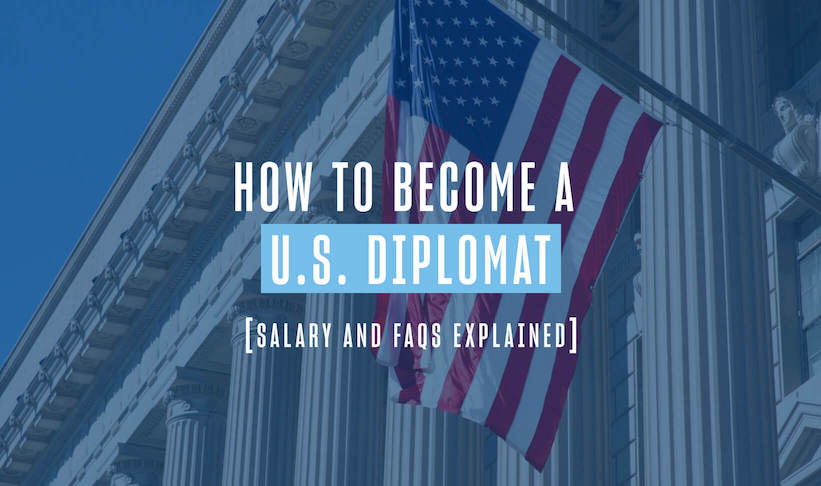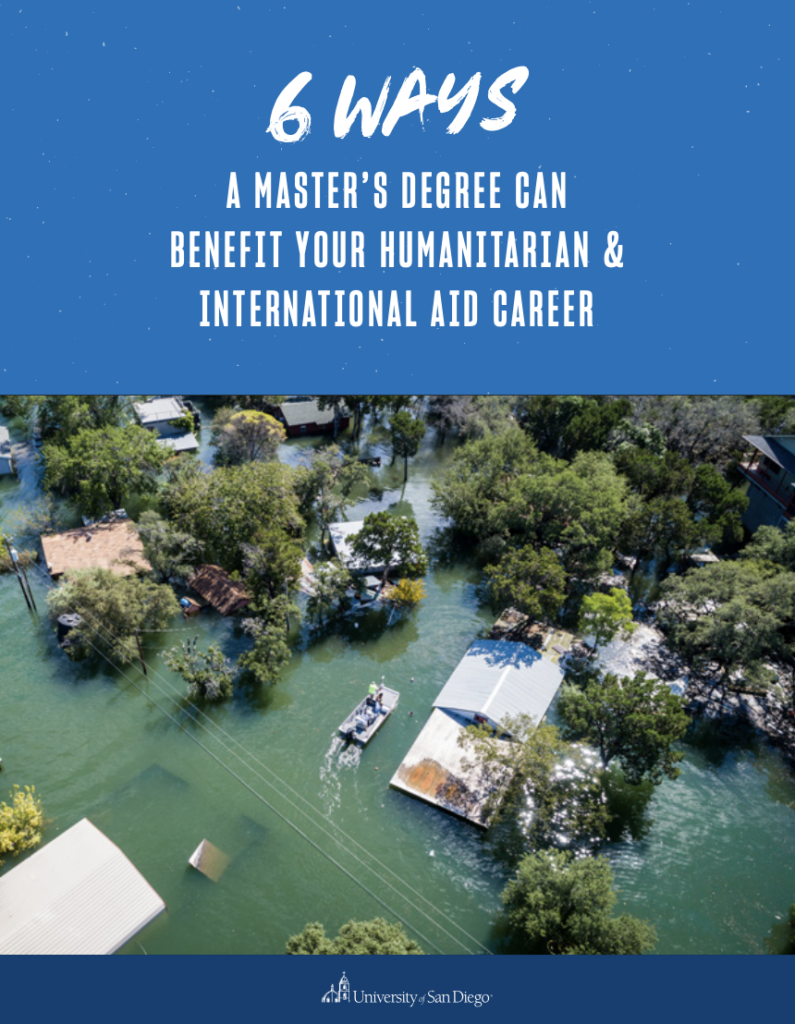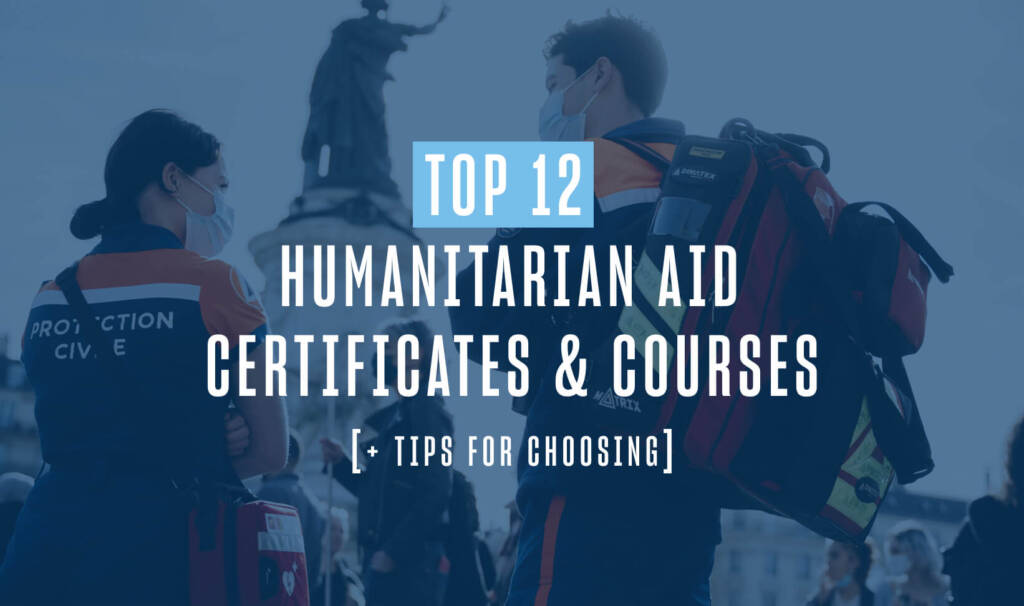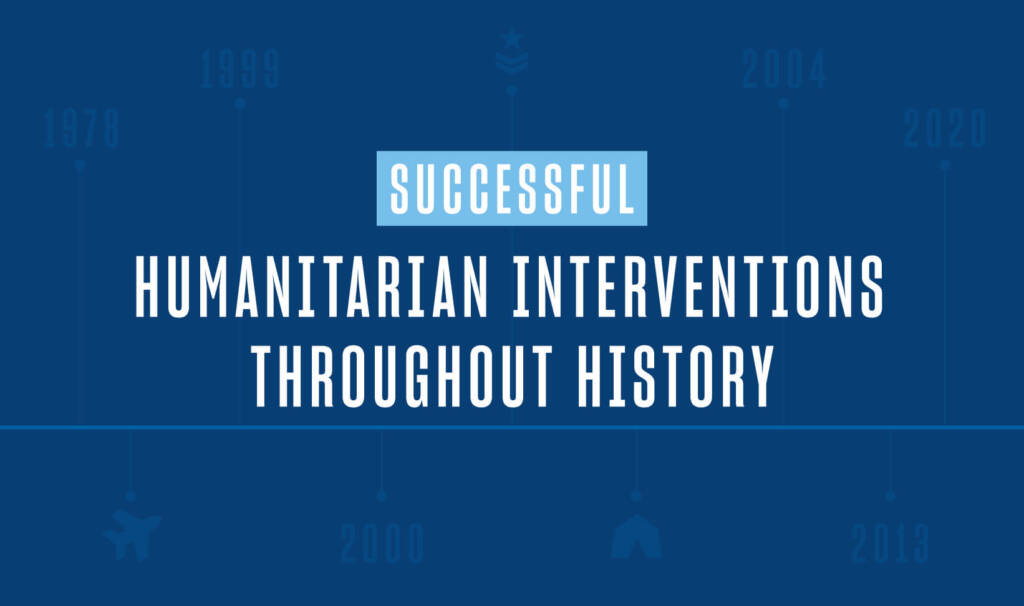Are you looking to follow in the footsteps of notable diplomats such as Antony Blinken, Condoleeza Rice, Madeleine Albright and Benjamin Franklin? Skilled, dedicated leaders are needed to represent the United States and maintain positive relationships with other countries and nations. Does this sound like you?
If you’re interested in this type of rewarding work, keep reading to learn how to become a diplomat — plus typical responsibilities, related careers and common questions about how to get into the field.
What Is Diplomacy?
Diplomacy refers to the act of maintaining positive relations between groups, individuals, countries or nations. Skilled leaders who practice diplomacy are referred to as diplomats.
Diplomacy and humanitarianism are deeply intertwined since a large aspect of being an effective diplomat is advocating for human rights and interests. Diplomats are also typically involved in humanitarian relief efforts — whether it’s visiting an affected area firsthand, negotiating humanitarian access to affected populations, helping to coordinate aid, voicing concern over potential problems and challenges or managing logistics with other countries.
What Does a Diplomat Do?
A diplomat’s purpose is to represent the interests of their country and maintain positive relationships with other global nations and states. The specific responsibilities may vary depending on the position but may include:
- Participating in and overseeing peace talks
- Negotiating treaties
- Granting visas
- Organizing humanitarian aid and assistance
- Dealing with issues involving trade, economics and human rights
Diplomacy Career Paths
Diplomacy is an umbrella term under which many foreign service careers, including diplomat, fall. Other options include the following:
- An ambassador is the highest-ranking representative of a particular country or global organization. In the United States, ambassadors are appointed by the president and confirmed by the U.S. Senate.
- The responsibilities of a foreign service officer are two-fold: to work on safety-related issues of American citizens and advise U.S. foreign policy.
- A foreign service specialist has specialized skills in a particular area such as cybersecurity, human resources, construction, etc.
Additional specialties and positions include economic officer, management officer, political officer, political diplomacy officer and consular officer.
Is a Career in Diplomacy Right for You?
Aside from being an effective leader who is knowledgeable in foreign policy, the following skills are needed to effectively fulfill the diplomat position:
- Critical thinking
- Motivation
- Cultural adaptability
- Leadership
- Negotiation
- Integrity
- Organization
- Presentation
- Effective communication
- Being a team player
Diplomacy is a rewarding career path for those who are passionate about their country and excited about the idea of working with other cultures. It’s important to note that the work can be challenging; diplomats often deal with issues related to human rights, violent conflict and foreign policy. And the career can be characterized by many transitions: diplomats may work in the United States but are often stationed in other countries, which could mean potentially dangerous and hazardous living conditions or frequent moves with new appointments.
Starting Your Career: How to Become a Diplomat
Education
There isn’t one particular undergraduate or graduate degree required to become a diplomat, but many relevant programs will help increase your diplomacy knowledge base and can help your hiring chances. These include an associate’s, bachelor’s or master’s in history, international affairs, economics, business, political science or communications. A relevant master’s degree also provides beneficial knowledge from industry experts who can help you become successful in the field.
Experience
There are several ways to obtain experience: a related internship, fellowship, master’s degree program or entry-level study abroad position. Some available internship opportunities include:
- Council on Foreign Relations
- Atlantic Council Young Global Professionals Internship Program
- Pacific Council Junior Fellowships
- American Foreign Service Association
- United Nations Internship Programme
- U.S. Institute of Diplomacy and Human Rights
- U.S. Department of State Internships / Fellowships
- San Diego World Affairs Council
- San Diego Diplomacy Council
Volunteering or working for a humanitarian-related organization, such as the Peace Corps, are also great ways of obtaining relevant experience.
Complete application
In order to become a foreign service officer, all candidates must pass the Foreign Service Officer Test (FSOT). This also includes writing a personal narrative and completing an oral interview. Candidates must also pass a medical review and obtain a security clearance.
If you’re considering a master’s degree program to reach your goal of becoming a diplomat, download USD’s free eBook — 6 Ways a Master’s Degree Can Benefit Your Humanitarian and International Aid Career. This resource discusses the latest global humanitarian trends and challenges, an overview of humanitarian careers and how an advanced education can help.





![What Makes a Good Humanitarian [+ Important Skills]](https://onlinedegrees.sandiego.edu/wp-content/uploads/2023/12/MSHA_Blog_GoodHumanitarian-1024x576.png)